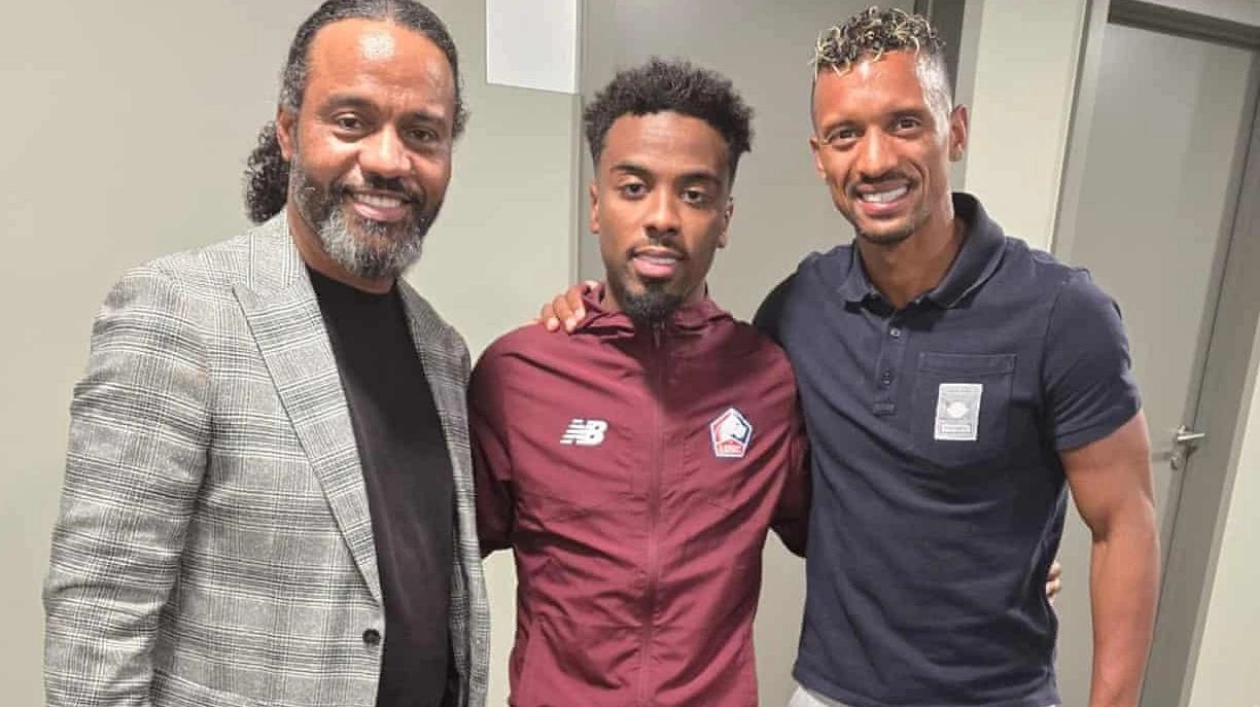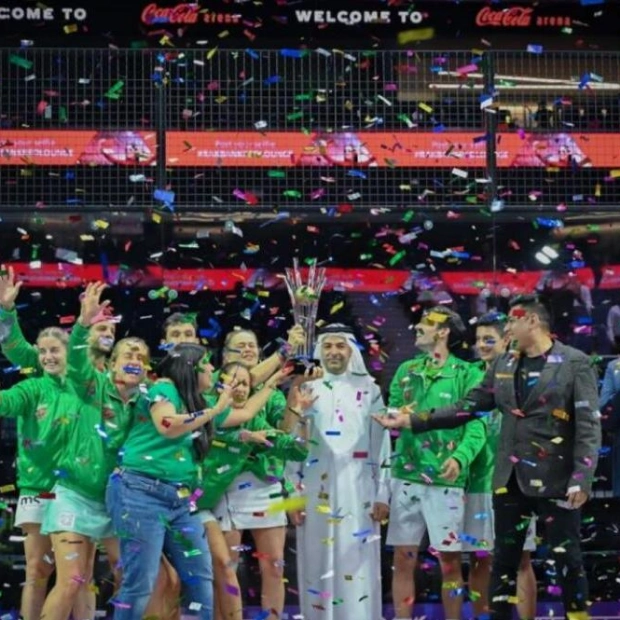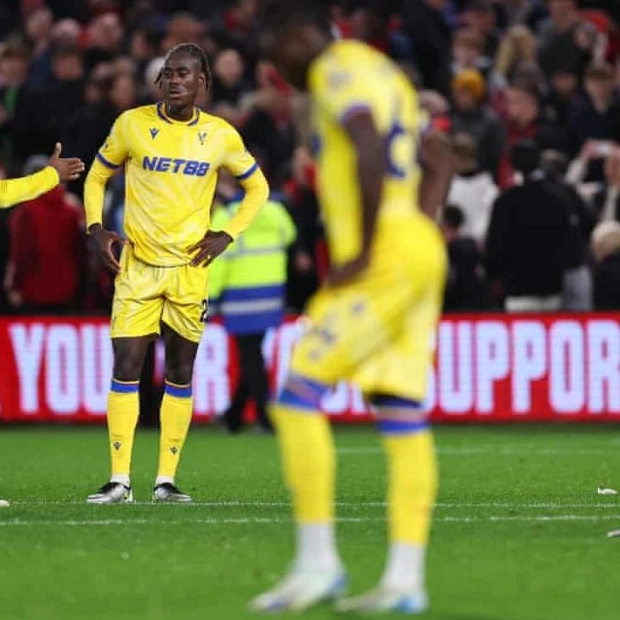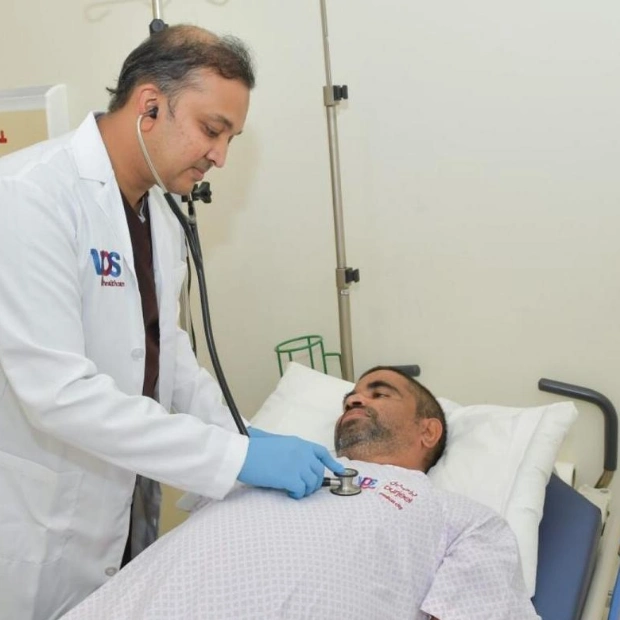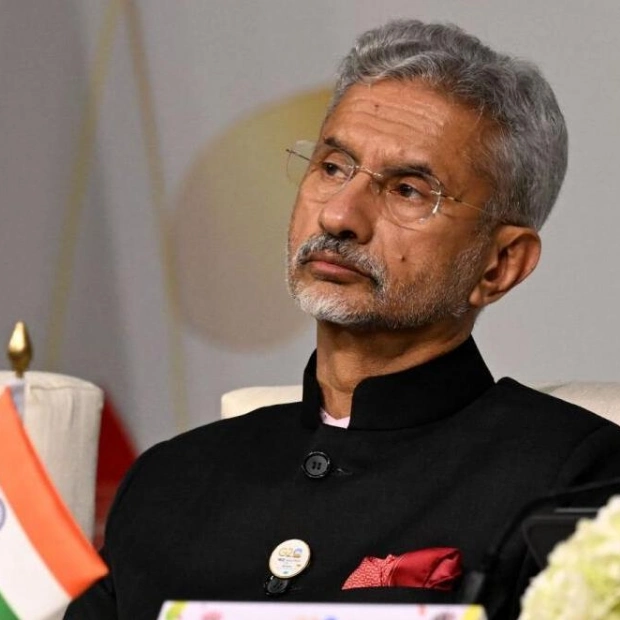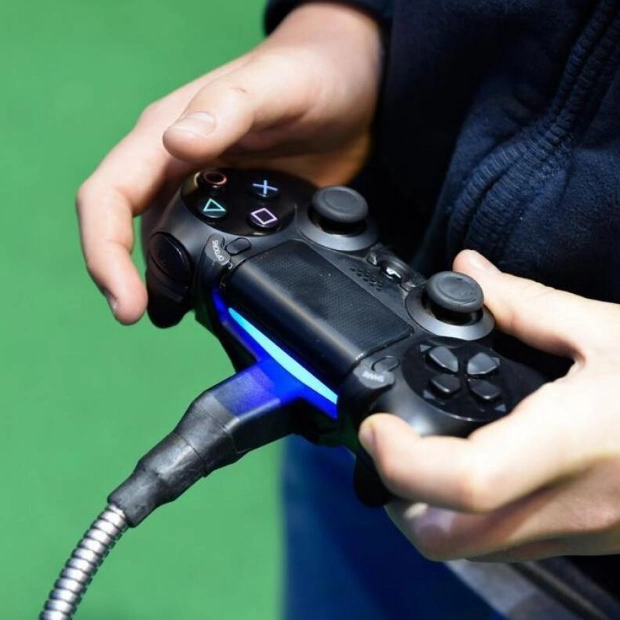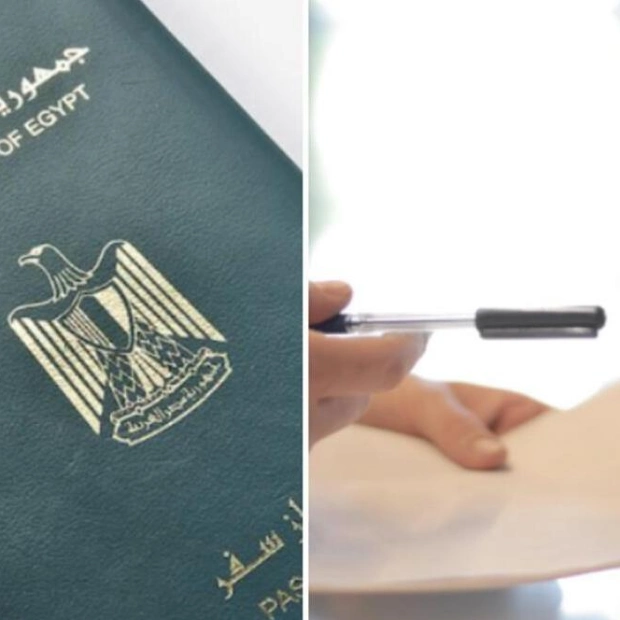Where does one start with the remarkable football journey of Angel Gomes? Maybe in Lille, where he is excelling in the Champions League after departing Manchester United in 2020. Alternatively, you might trace his roots back to Lisbon, where his father, Gil, arrived at 15 to carve out a career with Benfica, trained under Eusébio, and won the Under-20 World Cup with Portugal. Or, you could journey to Luanda, Angola, where Gil grew up playing barefoot on dusty fields. Regardless of where you begin, the array of influential figures, from Eusébio to Ron Atkinson, Sven-Göran Eriksson to Luís Figo, is truly remarkable.
On one hand, the tale of the player who could become England’s long-awaited controlling midfielder might be said to start in Clarendon Park, Salford, a sports field nestled between the M602 and the A6, where he spent his childhood kicking a ball among high-rise buildings. Yet, you could also look to Jacksonville, Florida, where Gil first encountered Dennis Viollet, a survivor of the Munich air disaster, marking the family’s initial connection to Manchester United. However, it’s perhaps best to revisit the Prenda bairro in Luanda, a poor neighborhood near the international airport, where the roar of jumbo jets overhead accompanies intense football matches watched by hundreds of enthusiastic locals.
“I come from a poor family and was born in Prenda, Luanda,” says Gil, who remains friends with Figo, Rui Costa, and João Pinto, his teammates in the Portugal Under-20 team. His parents were born in the Angolan city of Malanje and migrated to the capital in search of better prospects. It was here in Prenda bairro that Gil learned his football, playing with the fervor of a World Cup final. “The people love football,” Gil shares, recalling games with thousands of spectators and jubilant pitch invasions to celebrate goals.
The dream of becoming a professional seemed distant in Luanda, and England appeared even more out of reach. Yet, it was an Englishman, John Mortimore, the former Chelsea center-half who managed Benfica to league titles in 1977 and 1987, who provided the Gomes family their first break in football. Through Portugal’s colonial ties to Angola, the best young talents in Luanda occasionally got the chance to train with Benfica, an opportunity that came to Gil at 15. Emotionally, it was a significant move for a young boy. “I was a kid and had never left my parents’ side,” he recalls. “It was the first time I had been on a plane. But the desire to win, to see my name in the papers, to improve my family’s life, was stronger.” Mortimore was sufficiently impressed to keep Gil in Lisbon, where he would be coached by Eusébio in the youth team.
When Gil debuted for Benfica in the Lisbon city cup against Sporting in 1989, it was Eriksson who selected him. But the pinnacle of this phase of his career was undoubtedly his participation in the 1991 Under-20 World Cup in Portugal. With teammates like Figo, Rui Costa, and Fernando Nélson, and coached by Carlos Queiroz, Gil was a pivotal player, scoring against Argentina in a tournament they ultimately won on penalties against Brazil. The final was watched by 127,000 spectators at the Estádio da Luz.
“We have a WhatsApp group where we share memories and talk about our glorious past,” says Gil. The young team was a sensation, dubbed the golden generation in Portugal. As such, they had opportunities worldwide, and Gil chose to move to Tours in France. His career then took him back to Portugal with Braga and Estrela da Amadora before playing for Yverdon Sport and FC Wil in Switzerland and eventually the US, where he played indoor football with Philadelphia KiXX.
It was in Jacksonville, considering a move to the Jacksonville Cyclones, that he met Viollet, the coach. Viollet suggested Gil try his luck in England and arranged a trial with Atkinson’s Sheffield Wednesday, but injuries thwarted his progress. “I wasn’t accustomed to the cold weather and wasn’t ready for the physical training,” he explains. Wednesday’s Benito Carbone helped him secure a deal with Avellino in Italy, but the same injury resurfaced, ending his promising career.
Enter Alan Rolnick, Hendon FC’s reserve team manager, who became a savior for England. By then, Gil was playing in London parks for Kwanzas, an Angolan side based in London. “In every game, the referees would ask me why I was playing in that division because they saw my potential for the highest level. But the truth is, whenever I reached the highest level, the injuries would return,” Gil recounts.
Dragan Jenic, who managed Hendon Under-14s, noticed Gil and informed Rolnick. “He was playing in west London for a team of Portuguese-speaking lads,” Rolnick recalls. “Not a Sunday pub side, but you get the idea. I had him sign for Hendon with the expectation that after a training spell, he would move into the club’s first team.” However, a disagreement over his playing style for the seventh-tier Isthmian League meant he made only one first-team appearance, in the Middlesex Senior Cup.
“There was a disagreement between the coaches, and I preferred to stay in the B team,” Gil explains. “It was great to be part of that team where I felt loved by everyone. I knew that in the first team, the demands would be greater, and I could suffer from the injury again.” Gil describes Rolnick as a “friend and a father to me.” At that time, his oldest son, Rico Amor, then nine, was offered a trial at Manchester United. “When I needed Alan’s help to go to Manchester, he offered me money for the fare,” Gil says. Rico signed for United, Gil found work as a football coach in Manchester, and played for Middlewich Town and Salford City, which is how Angel found himself growing up in Salford, dreaming of playing for England but, with his Portuguese connections, having Manchester United’s Nani as his godfather.
This week, Angel hopes to add to his three England caps in games against Greece and the Republic of Ireland. Injuries ended Rico’s promising career, but Angel thrived at United. “He always listened to my advice and followed the rules,” said Gil, who remembers Angel being willing to leave his phone outside his bedroom at night as a teenager to avoid distractions. “Today, I am a proud father because he achieved everything I did but is now at a higher level that I was unable to reach due to my injuries.” If Gomes makes a significant impact on Thomas Tuchel’s team, the nation should thank the kindness of strangers like Rolnick for welcoming the family to the UK and ensuring Angel’s heart remains forever English.
Source link: https://www.theguardian.com
